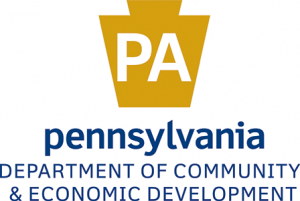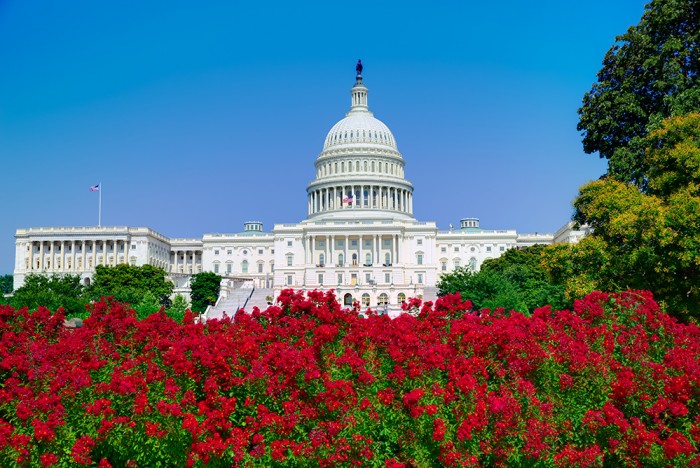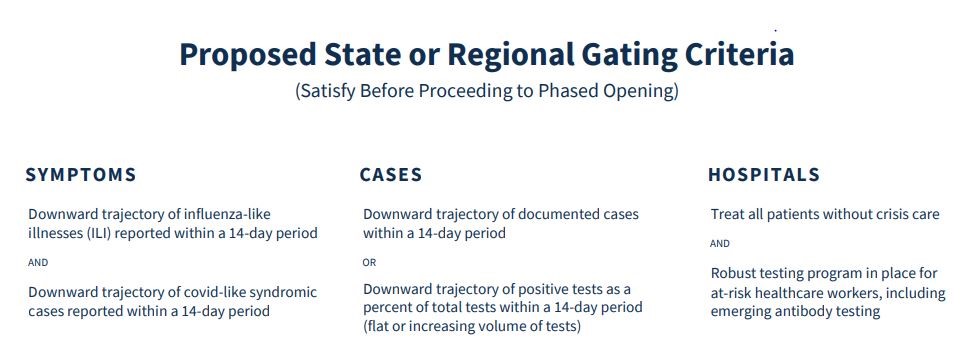
FOR IMMEDIATE RELEASE
April 15, 2020
Harrisburg, PA – Today, Department of Community and Economic Development (DCED) Secretary Dennis Davin announced the forbearance of loans administered by DCED.
“This pandemic has presented new and unforeseen challenges to Pennsylvania’s businesses, and the Wolf Administration has been committed to supporting our business community to the fullest extent every step of the way,” said Sec. Davin. “This extended deferral will help ease the burden on small businesses and enable them to focus and prioritize their efforts as we work to mitigate the spread of COVID-19 in the commonwealth.”
Next week, Governor Tom Wolf and Sec. Davin will request loan deferrals for all borrowers with the Ben Franklin Technology Development Authority, the Commonwealth Financing Authority (excluding PENNWORKS program loans), the Pennsylvania Industrial Development Authority, and the Pennsylvania Minority Business Development Authority.
In March, DCED took the emergency executive step of halting April payments, late fees, and accruing interest for these loans. This additional forbearance will apply to May and June payments to include no accrual of interest or fees. Automatic payments will be halted and borrowers paying by check will not be required to submit payment until the scheduled July payment. As a result of the forbearance, the maturity of the loans will be extended for three months.
Resources and information for businesses is regularly posted to http://dced.pa.gov/resources. The U.S. Small Business Administration, in addition to local funding partners, may also be a source of assistance for affected businesses.
Businesses seeking further guidance and clarification from DCED can contact its customer service resource account at [email protected]. For the most up-to-date information on COVID-19, Pennsylvanians should follow www.governor.pa.gov and www.doh.pa.gov.
MEDIA CONTACT: Casey Smith, [email protected]
###

















